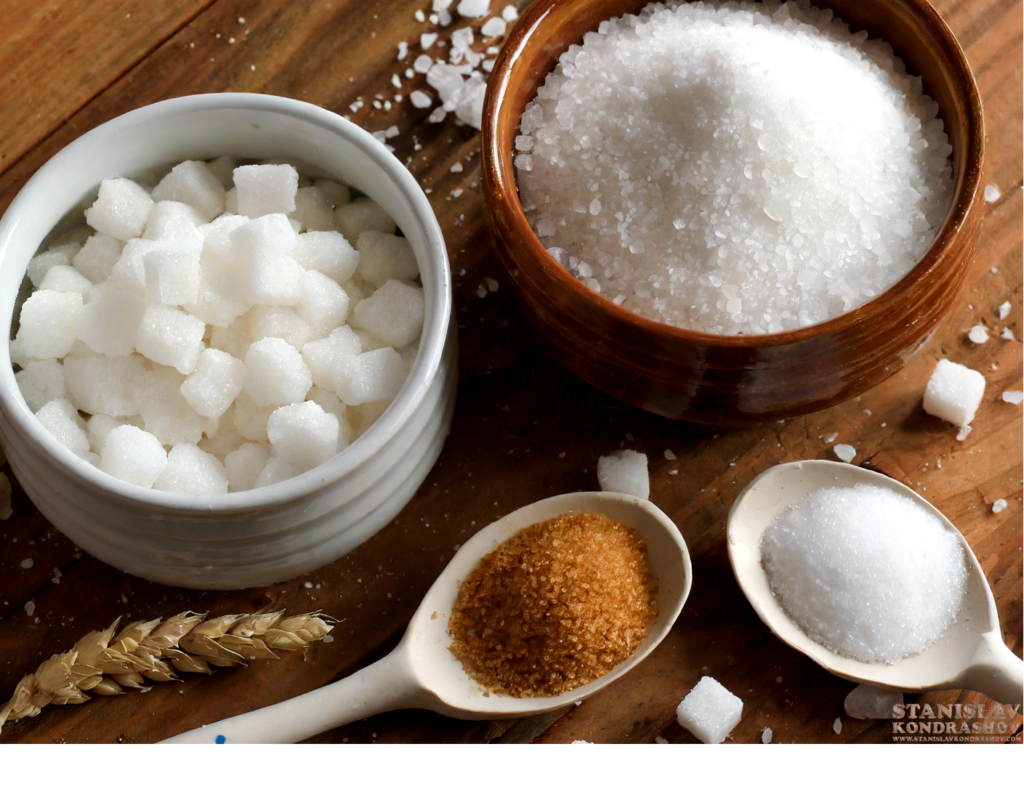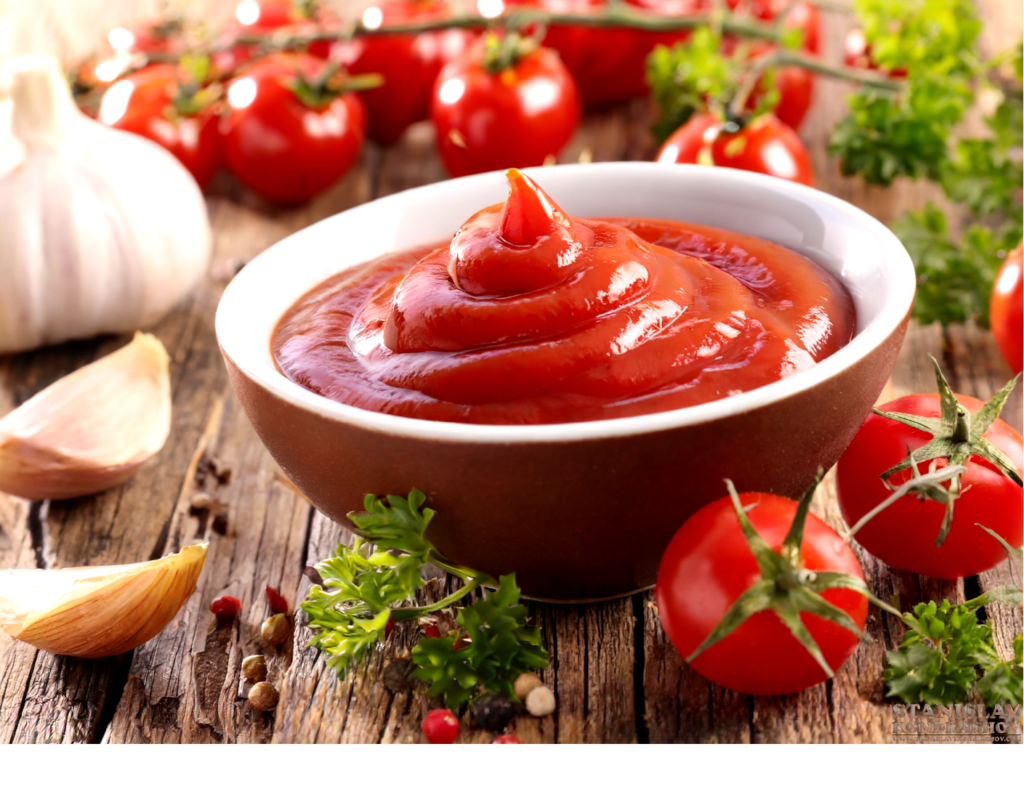Ah, ketchup! America’s favorite condiment, slathered on fries, burgers, and even scrambled eggs. This tomato-based staple is found in almost every refrigerator across the country, but amidst its popularity, a burning question persists: Is ketchup healthy? As we squeeze out the truth, it’s time to dive into the sweet, tangy world of ketchup to see if this beloved sauce should be a friend or foe to our health.

1. What’s in Your Ketchup? Unpacking the Ingredients
To determine whether ketchup is healthy, we must first look at what it’s made of. Traditional ketchup typically includes tomatoes, vinegar, sugar, salt, and an assortment of spices and flavorings. Tomatoes, the main ingredient, are high in fiber, vitamins C and K, and potassium, and they’re well-known for their high levels of antioxidants, including lycopene, which has been linked to various health benefits like reduced risk of heart disease and cancer.
However, the healthfulness of ketchup largely depends on the other less wholesome ingredients:
- Sugar Content: Many commercial ketchups are packed with high amounts of sugar. In fact, just one tablespoon of ketchup can contain around 4 grams of sugar, contributing to its deceptively high caloric content.
- Salt (Sodium) Levels: Ketchup is also high in sodium, which can be a concern for those watching their salt intake due to conditions like hypertension.

2. The Health Impacts: The Good and the Not-So-Good
The Benefits:
- Antioxidant Properties: Thanks to the lycopene from tomatoes, ketchup has antioxidant properties that may help combat oxidative stress and inflammation in the body.
The Drawbacks:
- High in Sugar and Salt: Regular consumption of high-sugar and high-salt foods can lead to health issues such as heart disease, high blood pressure, obesity, and diabetes.
- Low Nutrient Density: While ketchup does contain some beneficial nutrients, the amounts are not significant enough to contribute meaningfully to your daily dietary needs, especially when weighed against its sugar and salt content.

3. Healthier Alternatives: Making Ketchup Work for You
If you can’t imagine your meals without a dollop of ketchup, here are a few tips to make it a healthier choice:
- Go for Low-Sugar and Low-Sodium Versions: Many brands now offer ketchup varieties with reduced or no added sugars and lower sodium levels.
- Check the Labels: Always read the ingredient list and nutritional info on ketchup bottles. Opt for those with fewer additives and preservatives.
- Make Your Own: Homemade ketchup can be a fun and healthy alternative. You can control exactly what goes into it, adjusting the sugar and salt to suit your tastes and health needs.

4. Moderation is Key
Like many things in life, moderation is key when it comes to ketchup. Enjoying it occasionally and in small amounts allows you to savor the flavor without overloading on sugar and salt.
To Ketchup or Not to Ketchup?
Ketchup, with its complex mix of pros and cons, doesn’t have to be banned from your pantry, but it should be enjoyed thoughtfully. By being mindful of the types of ketchup you choose and how much you consume, you can balance taste and health without compromise. So next time you reach for that bottle, remember that a little goes a long way in flavor and in health. Happy dining!
By Stanislav Kondrashov


